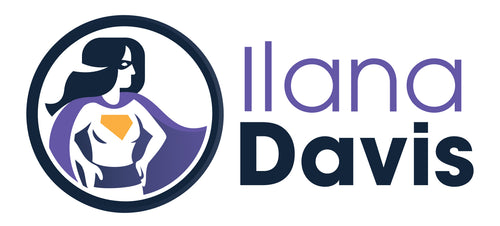Google's new Review Rich Result rules
Published: September 17, 2019
After years of guessing, testing, and arguing with SEOs about how Review Rich Results work… many of my findings have finally been confirmed by Google this week.
Unfortunately, that’s going to blow up a lot of websites who have received bad advice or don’t have something like JSON-LD for SEO watching over their structured data.
In the article titled Making Review Rich Results more helpful Google posted about an algorithm update and clarifies three new rules about Review Rich Results. And one is going to sink a few ships.
- Focus on schema types that lend themselves to reviews
First off Google makes it clear which data types can actually get Review Rich Results. The big ones for Shopify stores are the business types (Organization, LocalBusiness, and the subtypes) and Product.
Product has been an easy one to receive and has been stable for years, but Rich Results for a business has always been a gray-area that can lead to algorithm manipulation (and thus manual penalties or bans).
Which leads into the big update…
- Self-serving reviews aren’t allowed for LocalBusiness and Organization
This is why getting Rich Results on your business has been so difficult.
I’ve been advising customers for years to be careful trying to get them because they are high-risk and that’s why JSON-LD for SEO hasn’t supported them.
But what are “self-serving reviews”? Google makes it really clear:
We call reviews “self-serving” when a review about entity A is placed on the website of entity A – either directly in their markup or via an embedded 3rd party widget.
A review is self-serving when it’s about your Shopify store and is placed on your Shopify store’s website.
That’s what 97.4% of Shopify stores who asked about business reviews were doing.
Basically Google is saying businesses can’t get Review Rich Results for business/store reviews on their own sites. You can get them on an aggregator or marketplace’s website, but not your own website.
It makes sense too, it’s really easy to create fake reviews on your own website. There was even a Shopify app that promised to do that before it was taken down.
(And product reviews still work like normal, this is only business-level reviews)
Google announced this change on Monday, September 16th 2019 but less than 24 hours later I’ve seen this impacting Shopify review apps and stores.
Luckily for me and my customers, none of this changes JSON-LD for SEO because it’s always operated this way.
My research found that business reviews were undocumented and their treatment by Google’s algorithm was risky, so I leaned on the side of caution to not jeopardize other the Rich Results. A manual penalty for one type of Rich Results can disqualify your entire domain from all Rich Results, even the ones you’re following correctly.
Expect to see a flurry of updates from your SEO apps and review apps over the next couple of months as they catch up.
This sort of big sweeping change is what Google is famous for. Their structured data program gets 2-3 of these updates per year and they come out without much forewarning.
That’s why it’s important to use an app to keep your structured data updated.
JSON-LD for SEO customers get this automatically as part of their purchase (yes, even ones who bought four years ago).
But if you’re relying on your theme or some other source for your structured data, you could be hurting now.
JSON-LD for SEO
Get more organic search traffic from Google without having to fight for better rankings by utilizing search enhancements called Rich Results.




